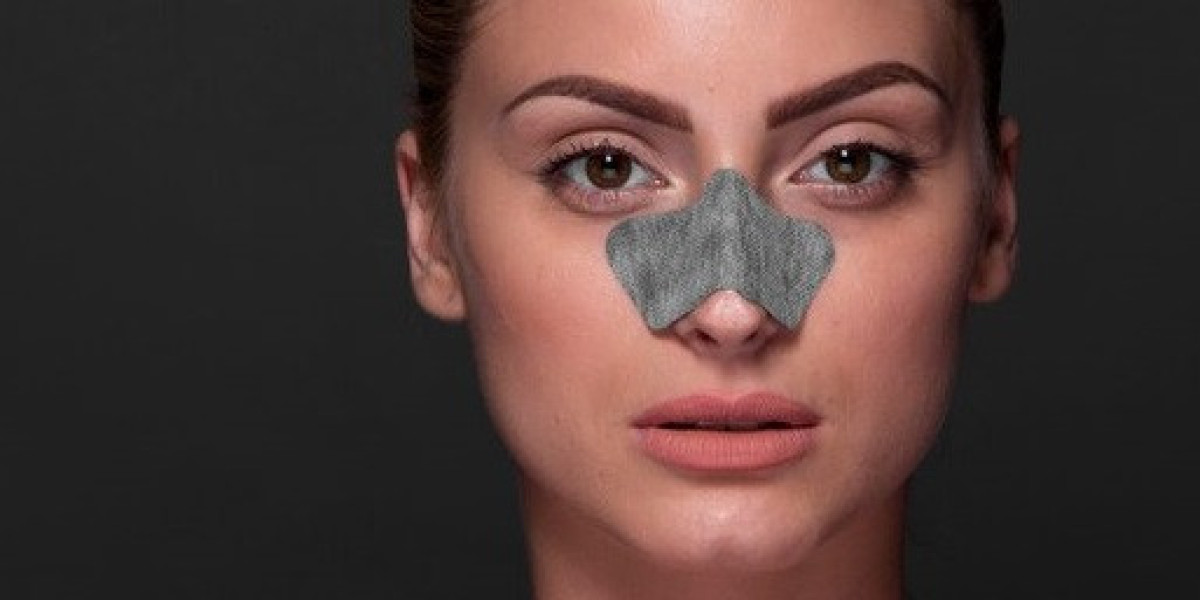Undergoing a Rhinoplasty in Islamabad is a significant step toward enhancing your facial appearance and boosting your confidence. While the surgery itself is crucial, what follows proper aftercare plays an equally important role in ensuring a smooth recovery and achieving the best possible results. Experts in Islamabad emphasize that following meticulous aftercare instructions can prevent complications, reduce swelling, and promote faster healing.
If you’ve recently undergone rhinoplasty or are planning to get one soon, this guide provides expert-approved rhinoplasty aftercare tips tailored to patients in Islamabad. These insights will help you navigate the recovery period with ease and care.
1. Follow Your Surgeon’s Instructions Precisely
The foundation of successful recovery starts with strictly adhering to the post-operative care guidelines provided by your surgeon. Each patient’s procedure may have unique requirements, so your surgeon’s instructions will be customized to your specific case.
Your doctor will provide guidelines on medications, cleaning routines, activity restrictions, and follow-up appointments. Make sure you understand these fully, and do not hesitate to ask questions before leaving the clinic.
2. Keep Your Head Elevated
To minimize swelling and bruising, keep your head elevated, especially during the first week after surgery. Sleeping with an extra pillow or two, or in a recliner chair, can help reduce fluid accumulation around the nose and face.
This simple adjustment reduces pressure in the operated area, promoting better blood circulation and quicker healing.
3. Apply Cold Compresses Carefully
Cold compresses or ice packs can help reduce swelling and numb pain in the first 48 hours post-surgery. However, avoid direct contact of ice packs with your skin to prevent frostbite. Wrap the compress in a soft cloth and apply it gently around the nose and cheeks.
Be mindful not to apply pressure directly on the nose, as it may affect the surgical outcome.
4. Avoid Strenuous Activities and Heavy Lifting
Physical exertion increases blood pressure and heart rate, which may cause bleeding or worsen swelling. Islamabad rhinoplasty experts advise avoiding heavy lifting, vigorous exercise, bending, or any strenuous activity for at least 2 to 3 weeks.
Take it easy and allow your body to focus on healing.
5. Refrain from Blowing Your Nose
One of the most important aftercare tips is to avoid blowing your nose for at least two weeks post-surgery. Blowing your nose can dislodge delicate internal structures or disturb the surgical site, leading to bleeding or delayed healing.
If you feel congested, gently sniff or breathe through your mouth instead.
6. Keep the Surgical Site Clean and Dry
Maintaining cleanliness around your nose is essential to prevent infections. Follow your surgeon’s guidance on how to clean the incision site, usually with a mild saline solution or prescribed antiseptic.
Avoid getting the splint or cast wet, and don’t use makeup or harsh skin products around the nose until fully healed.
7. Avoid Wearing Glasses on the Nose
For those who wear glasses, it’s critical to avoid resting them on the bridge of your nose for at least 4 to 6 weeks. The pressure can affect healing and potentially alter the surgical results.
If possible, use contact lenses during this period or consult your surgeon for special support options.
8. Stay Hydrated and Maintain a Healthy Diet
Proper nutrition supports tissue repair and reduces swelling. Drink plenty of water, and focus on a balanced diet rich in vitamins A, C, and E, as well as proteins and antioxidants.
Avoid salty and spicy foods that can contribute to swelling and inflammation.
9. Avoid Smoking and Alcohol
Smoking restricts blood flow and oxygen delivery to healing tissues, increasing the risk of complications like delayed healing or infections. Alcohol can also cause dehydration and interfere with medications.
Experts in Islamabad strongly recommend refraining from smoking and alcohol consumption at least two weeks before and after surgery.
10. Manage Pain and Discomfort Properly
Mild to moderate pain is expected after rhinoplasty. Take prescribed pain medications as directed and avoid over-the-counter drugs that may increase bleeding risk, such as aspirin or ibuprofen, unless approved by your doctor.
If pain worsens or is accompanied by fever or unusual symptoms, contact your surgeon immediately.
11. Attend All Follow-Up Appointments
Regular follow-up visits allow your surgeon to monitor your healing progress, remove splints or stitches, and address any concerns promptly. Don’t skip these important appointments as they are essential for optimal recovery.
12. Be Patient with the Healing Process
Rhinoplasty recovery is gradual. While initial swelling and bruising may subside within 1-2 weeks, subtle swelling can persist for several months. Final results often become visible after 6-12 months.
Stay patient and trust the process. Avoid rushing to judge the outcome prematurely.
Conclusion
Taking care of yourself after rhinoplasty is just as important as the surgery itself. Following these aftercare tips from experienced Islamabad rhinoplasty surgeons will help you heal comfortably and safely while maximizing your results. If you’re considering getting rhinoplasty or want expert guidance on recovery, SKN Cosmetic Clinic is a trusted name in cosmetic surgery in Islamabad, known for its skilled surgeons and personalized patient care.



